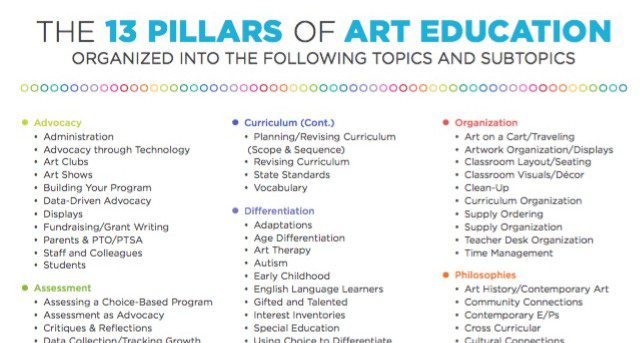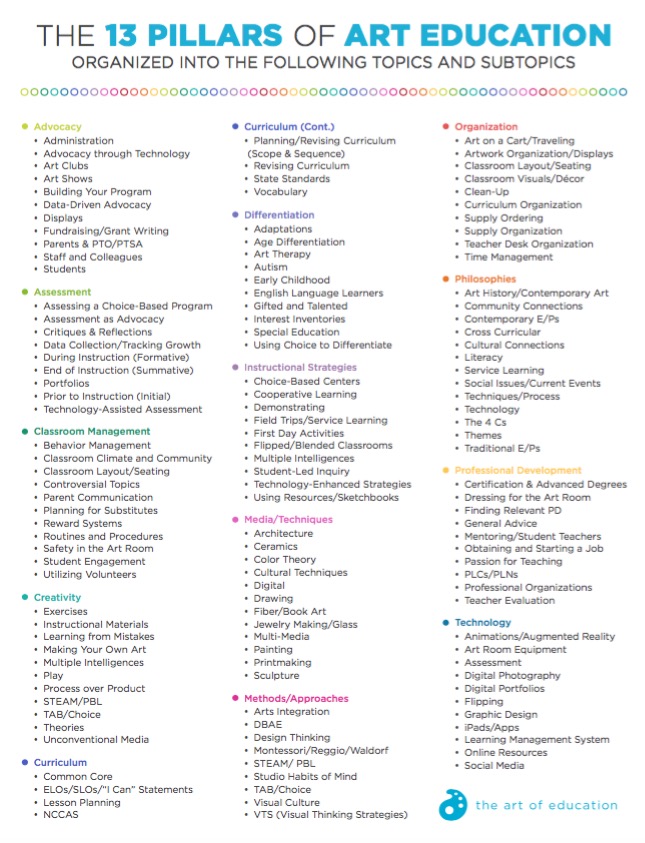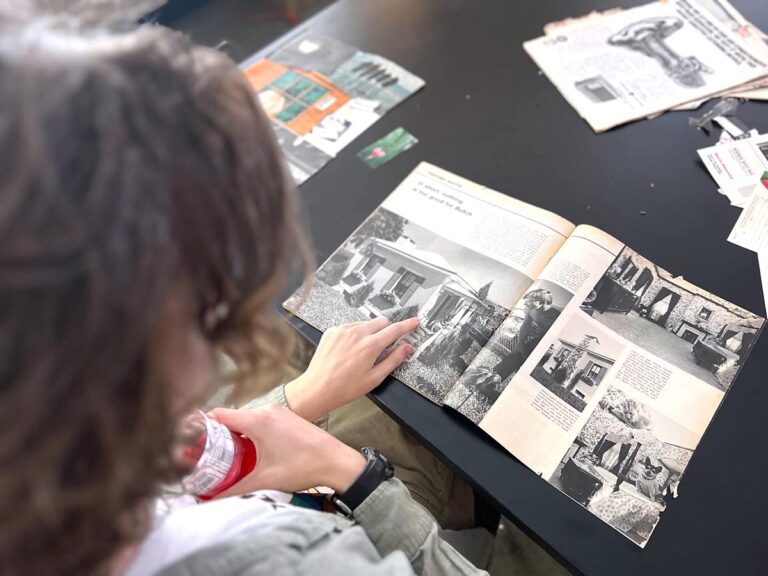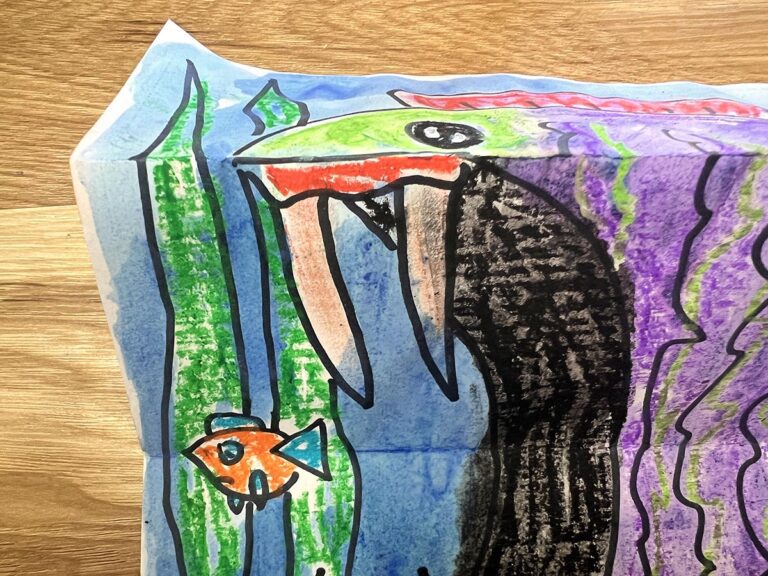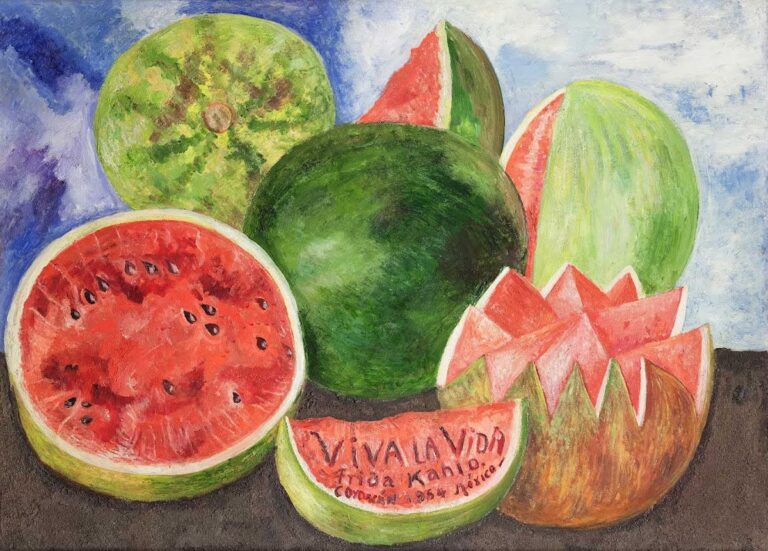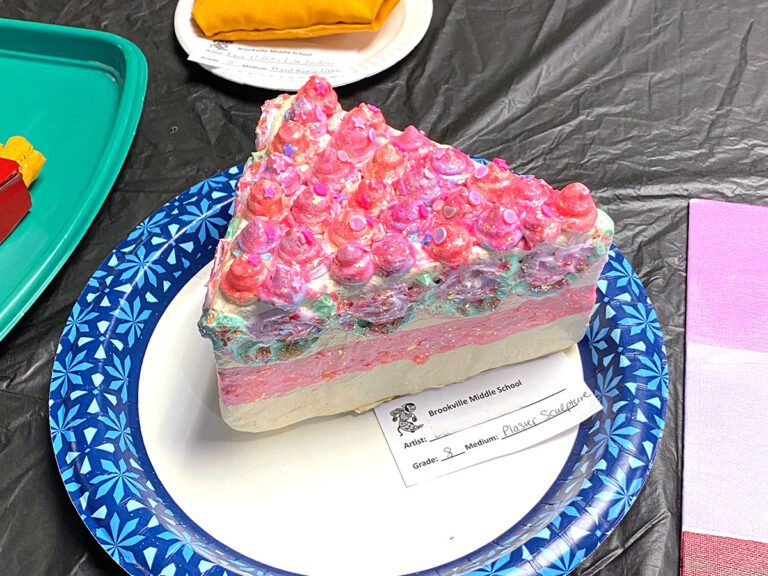As a teacher, you know you make hundreds, if not thousands, of decisions every day in your classroom. As an art teacher, many of those decisions include things like which standards you’ll cover in your lessons, which assessments are most effective for specific activities, and which instructional strategies best match your favorite mediums. The sheer volume of decisions that need to be made can sometimes lead to vague and inconsistent planning. It’s easy to feel lost when thinking about the entire field of Art Ed at once!
We are here to help.
To illustrate and organize this expansive field, we’ve identified 13 overarching topics of Art Ed, which we’re calling Pillars. Within each topic, we’ve identified several important subtopics, which you can see in the chart below.
This chart will be an invaluable tool for daily and long-term planning. In addition, it just might remind you of some areas of Art Ed that may have fallen off your radar. Download your copy now.
Download Now
Of course, creating a document of this magnitude is no easy feat. This is especially true because the field of Art Ed is fluid, ever-changing and made up of a wide variety of philosophies and perspectives. It is our hope that you will be able to use this document as a way to focus your planning.
To take things a step further, we’ve also reorganized all of our Pinterest boards to align with the Pillars. You’ll find all your favorite past articles and resources categorized into the 13 overarching topics. Use these boards to help you find anything and everything you want to know about each topic. Your prep time will thank you!
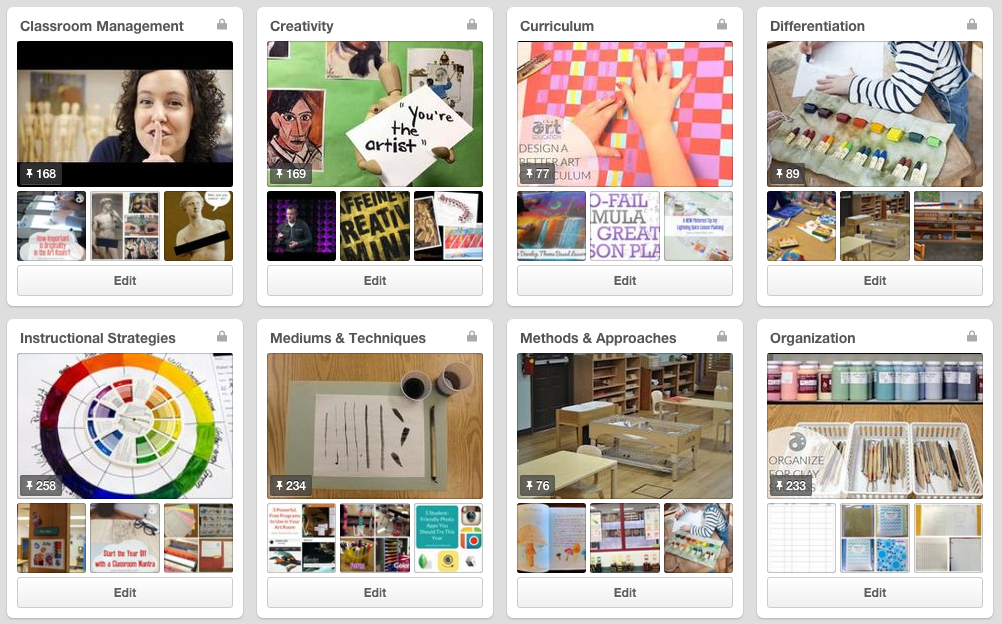
No matter how you go about your daily and long-term planning, consider using The 13 Pillars of Art Education document as a tool to assist and lead you in this ever-changing field. Discover lost concepts, explore new ideas, and reference the full gamut of Art Ed on a single page!
How do you see yourself using the 13 Pillars of Art Ed in your classroom?
Is there anything you would change about this document?
Magazine articles and podcasts are opinions of professional education contributors and do not necessarily represent the position of the Art of Education University (AOEU) or its academic offerings. Contributors use terms in the way they are most often talked about in the scope of their educational experiences.
